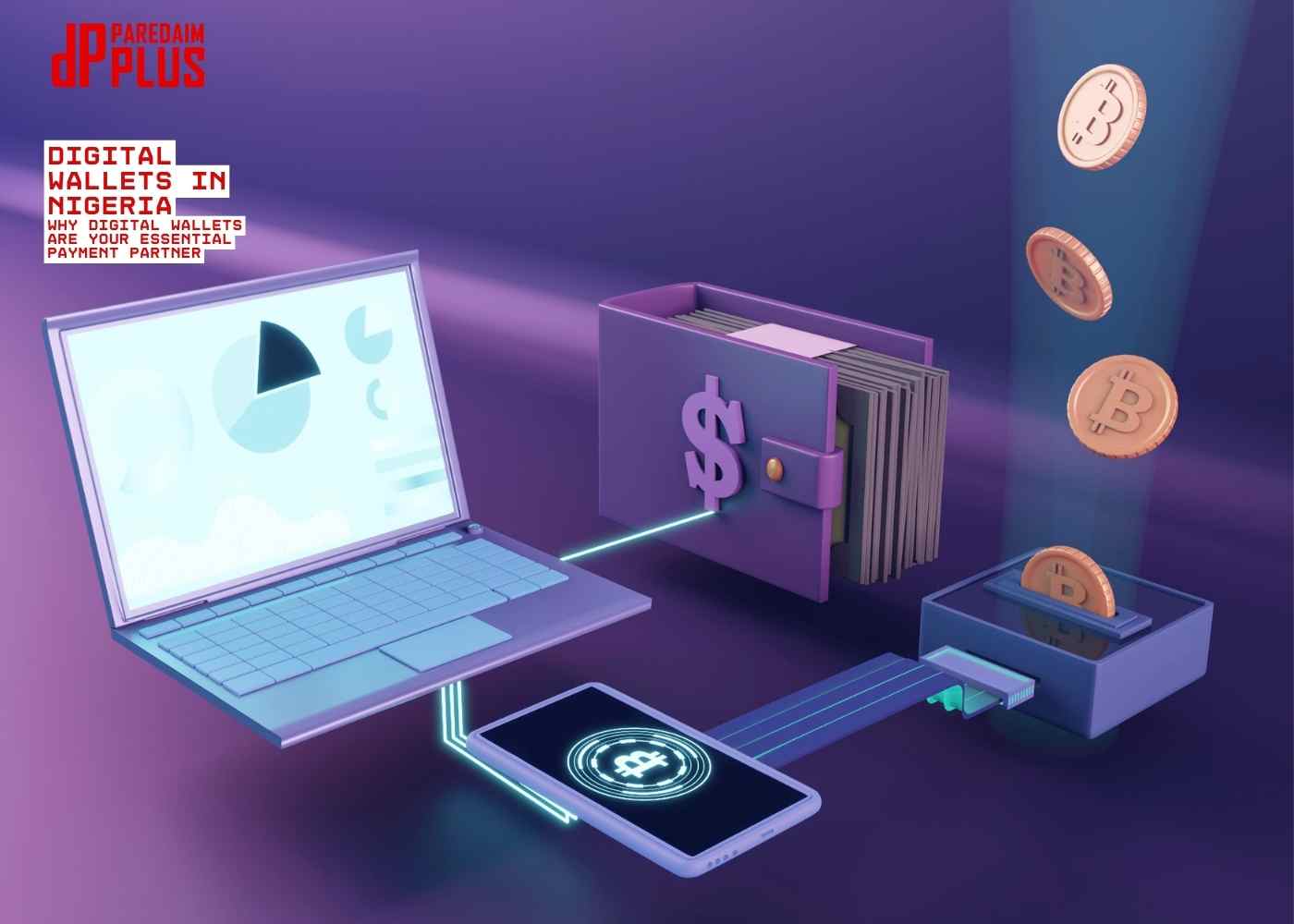
Nigeria is currently one of the most appealing FinTech
markets in Africa, and its growth has never been as high in decades. As an entrepreneur looking to start a payment business or a business owner seeking to offer a convenient, secure, and straightforward-to-implement payment gateway, you must first and foremost require a secure, compliant, and easy-to-integrate payment gateway. However, what would you say, should we inform you that you are
able to deploy a white-label payment gateway in Nigeria, without having to
write a single piece of code?
This paper will discuss why you can launch a FinTech
business in Nigeria without writing code and how no-code payment gateways are
changing how entrepreneurs and companies in Nigeria consider financial
technology. Through the use of the correct tools and platforms, you can develop
a payment processing platform in Nigeria within a short time without
compromising regulatory requirements with the Nigerian financial regulations.
And when you are prepared to jump into the FinTech arena, then we shall do so.
What is a White-Label Payment Gateway?
A white-label payment gateway is an already developed
payment gateway that companies can adapt to and own as their own. It does the
payment processing, fraud detection and security features, which means they can
concentrate on getting their business bigger without being concerned about the
technicalities. The model is easily deployable, and it assists in implementing a more complex payment solution more complex in Nigeria.
White-label payment solutions are a disruptor to any
entrepreneur who wishes to establish a business related to payment in Nigeria
but lacks the knowledge and resources to create their own solution. Using a
white-label payment gateway, all heavy lifting has been completed, your
interest will be on branding, marketing and customer experience.
Why Launch a Payment Gateway in Nigeria?
The Booming FinTech Market
Nigeria is considered to be the largest and fastest-growing
FinTech market in Africa. Mobile penetration and internet access in the country
are a rare chance to exploit a growing consumer base. It is estimated that the
Nigerian FinTech market will surpass the 500 million mark by 2025 (PwC report).
This is a massive business opportunity for entrepreneurs to venture into a
business that is yet to take off.
Support of FinTech Regulation.
The Nigerian government has shown a lot of support to the
FinTech environment, where the Central Bank of Nigeria (CBN) has implemented
regulations that guarantee the safety and stability of the payment environment.
The creation of the Payment Service Bank (PSB) license and the Regulatory Sandbox
simplifies the market entry process and, at the same time, makes sure that your
payment processing platform does not violate the Nigerian regulations.
Using the right tools, it is even possible to establish a
regulatory-compliant business with FinTech in Nigeria without any hoops or even
the lengthy approval process. Choosing a white-label payment gateway means
choosing an automated one that helps to remain in line with the industry
requirements, including the PCI DSS, anti-money laundering (AML), and Know Your
Customer (KYC).
How to Launch a Payment Gateway in Nigeria with Zero Coding
It can be assumed that it is too good to be true that it can be implemented without writing a line of code to launch a payment gateway in Nigeria, but with the correct no-code tools and platforms, it can be achieved. Here’s how you can get started:
1. Select No-Code Payment Gateway Provider.
Some payment gateway companies provide no-code options that
allow building a Nigerian payment gateway white label solution. The platforms
are usually easy to use when it comes to fully customizing your payment
platform, as they normally offer simple dashboards, APIs, and templates.
No-code payment gateways in Nigeria are some of the leading
ones, namely:
- Paystack: Paystack is easy to integrate with and has a
powerful API, which will enable you to start a business of payment business in
Nigeria with no coding required.
- Flutterwave: Flutterwave is another Nigerian-based payment
processing firm, which provides a compliant payment service in Nigeria, and an
option of white-label option to companies wishing to provide branded payment
services.
- Remita: Remita is a payment gateway service in Nigeria and
can be applied especially by companies that need to include different payment
options like bank transfers, cards, and e-wallets.
With a selection of one of these platforms, you will get
access to a secure payment infrastructure that will take care of the
intricacies of the payment processing, and you can go about developing your
business.
2. Customize Your Payment Gateway
After choosing the no-code payment gateway Nigeria provider,
you can brand the platform to appeal to your brand. The majority of white-label
solutions have many customization features, including:
- Logo and Brand Colours: Incorporate the logo and brand
colours of your company onto the payment page to provide your customers
with the perfect seamless experience.
- Payment Methods: Set the payment systems to suit the
preferences of your target market, e.g. debit/credit cards, bank transfers, or
mobile money.
- Security Settings: The gateway must have security provisions
such as 2 factor authentication (2FA) and a fraud detection service that will
safeguard not only you but also your customers.
3. Integrate Payment Methods
One of the main characteristics of a payment processing
platform in Nigeria is the opportunity to receive payments from different
sources. You will wish to take multiple payment options, such as:
- Bank Cards (Visa, Mastercard, etc.).
- Bank Transfers
- Mobile Wallets (Paga, OPay, and so on)
- USSD Payments (common in the country)
- Cryptocurrency (not compulsory, but becoming more and more
popular)
You can also combine various payment options, which will
mean your customers have a convenient and flexible method of paying, which will
boost your conversion rates and consumer satisfaction.
4. Launch Your Payment Gateway
Once you are done making personalizations and integrating,
you must be prepared to roll out your payment processing in Nigeria. The beauty
of a no-code payment gateway is that it can be installed within a few days or a
few weeks, depending on the level of customization you are going to make on it.
The majority of them will be integrated with other systems,
including accounting software, CRMs, and marketing automation systems, which
will enable you to manage your business more effectively.
5. Be in Compliance with the Nigerian Regulations.
You want to be trusted by your customers and be successful
in the long run, which is why you should begin your FinTech in Nigeria in a
regulatory-compliant manner. Under the white-label payment gateway Nigeria
solution, much compliance can be simply developed into, which includes:
- Data Security of users: Data protection of users as per the
privacy laws of the region.
- AML/KYC Requirements: The tools to verify the identity of
users and track the operations to prevent fraud and money laundering.
- CBN Guidelines: Abide by the guidelines of the Central Bank
of Nigeria regarding e-payments.
By employing a compliant payment processor, the chances of
being fined or having negative publicity are reduced as a result of
non-compliance.
Major Advantages of No-Code Payment Gateway in Nigeria
- Quick to Implement: Your payment gateway in Nigeria can be
installed in a few weeks, not months.
- Cost-Effective: There is no need to pay money for developing
the solution for the developers or for in-house development.
- Compliance Made Easy: Assures you that you comply with rules
and regulations about operating a payment platform in Nigeria.
- Scalability: Your payment gateway scales with your business
and can serve additional users and transactions as it is required.
- Personalization: You can give your own version of the payment
experience to the customers without having to write any code.
Conclusion
Starting a FinTech in Nigeria should not be a daunting task,
especially when you use no-code solutions for payment gateways. With a
white-label payment gateway in Nigeria, you can easily and affordably enter the
market quickly, offer a compliant payment service and provide your customers with a
secure and seamless payment experience.
By choosing the right provider, personalizing a gateway and
being compliant with regulations, the headaches that were often associated with
payment processing can be avoided. The result is a low technical skill and a
high-impact way of starting a payment business in Nigeria.
If you feel ready to start a FinTech business or a
relatively new FinTech business, then it is time to consider the rapidly
growing Nigerian market. Success will come from having no-code solutions, a
compliant FinTech space to operate within and the right tools.






